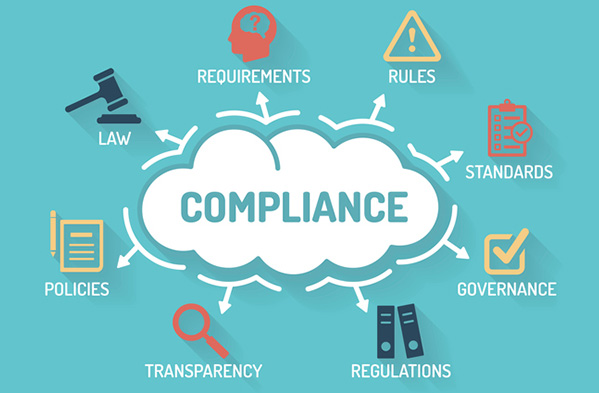
In today's dynamic business environment, staying compliant is not just a legal necessity but a strategic imperative. For companies operating in Singapore, compliance requirements span various sectors, including finance, healthcare, data privacy, and more. Navigating these regulations can be overwhelming, especially for businesses that lack a streamlined approach. This is where a Compliance Management System (CMS) can be a game-changer. This guide will explore why Singaporean businesses need compliance management systems and how these solutions can help companies thrive in a highly regulated market.
The Compliance Landscape in Singapore
Singapore is known for its stringent regulatory environment, which has helped establish the country as a global financial hub. However, these regulations can be daunting for businesses, especially those expanding or starting in the region. Some of the key regulatory areas that Singaporean companies must comply with include:
Personal Data Protection Act (PDPA): Governs the collection, use, and disclosure of personal data.
Workplace Safety and Health (WSH): Ensures safety standards in workplaces.
Financial Regulations by the Monetary Authority of Singapore (MAS): Critical for banks, insurance companies, and financial services.
Employment Act: Covers employee rights and employer obligations.
Environmental Regulations: Compliance with environmental sustainability and waste management laws.
Failure to comply with these regulations can result in hefty fines, reputational damage, and even the suspension of business operations. Given this complexity, adopting a robust compliance management system becomes essential.
Why Compliance Management Systems Are Essential for Singaporean Businesses
Simplifies Compliance Across Multiple Regulations
Managing compliance manually can lead to inefficiencies, errors, and missed deadlines. With a compliance management system, businesses can centralise all their compliance activities into one platform, making tracking, updating, and ensuring adherence to various regulatory requirements easier. This is particularly beneficial for businesses in highly regulated industries, such as finance and healthcare, where multiple compliance standards must be met simultaneously.
Enhances Efficiency and Saves Time
Manual compliance tracking can be labour-intensive and time-consuming. Compliance management systems streamline processes by automating repetitive tasks, such as data collection, reporting, and audit preparation. This allows businesses to allocate resources more efficiently and focus on their core operations. For instance, in the financial sector, companies can automate the generation of compliance reports, reducing the workload on compliance officers and ensuring accurate, consistent documentation.
Improves Data Security and Privacy Compliance
With the increasing focus on data privacy, businesses must be vigilant about protecting sensitive information. The PDPA requires companies to implement data protection measures to safeguard personal data. Compliance management systems can help by offering features like data encryption, secure data storage, and access control, ensuring that businesses meet data security standards. Additionally, a CMS can provide an audit trail, showing who accessed the data and when which is critical during compliance audits.
Facilitates Audit Preparation and Reporting
Preparing for audits can be a stressful process, especially when information is scattered across different systems or departments. A CMS simplifies audit preparation by providing a centralised repository of all compliance-related data. Companies can quickly generate accurate reports and demonstrate compliance efforts when an audit is due. Producing detailed audit trails helps during regulatory inspections and builds trust with stakeholders.
Stays Up-to-Date with Regulatory Changes
Regulatory requirements in Singapore can change rapidly, and staying informed about these changes is crucial for businesses to remain compliant. Compliance management systems often have features that automatically update the latest regulatory changes, ensuring that businesses are always aware of what’s required. This proactive approach allows companies to adjust their compliance practices without any last-minute scrambling.
Conclusion
Compliance is non-negotiable in a country like Singapore, where the regulatory environment is stringent and comprehensive. Adopting a compliance management system is not just an option but a necessity for businesses to remain competitive and avoid costly penalties. These systems simplify compliance, enhance efficiency, and provide a proactive approach to managing regulatory requirements.

 SURVEY
How Did You Hear About Us?
SURVEY
How Did You Hear About Us?




























Comments